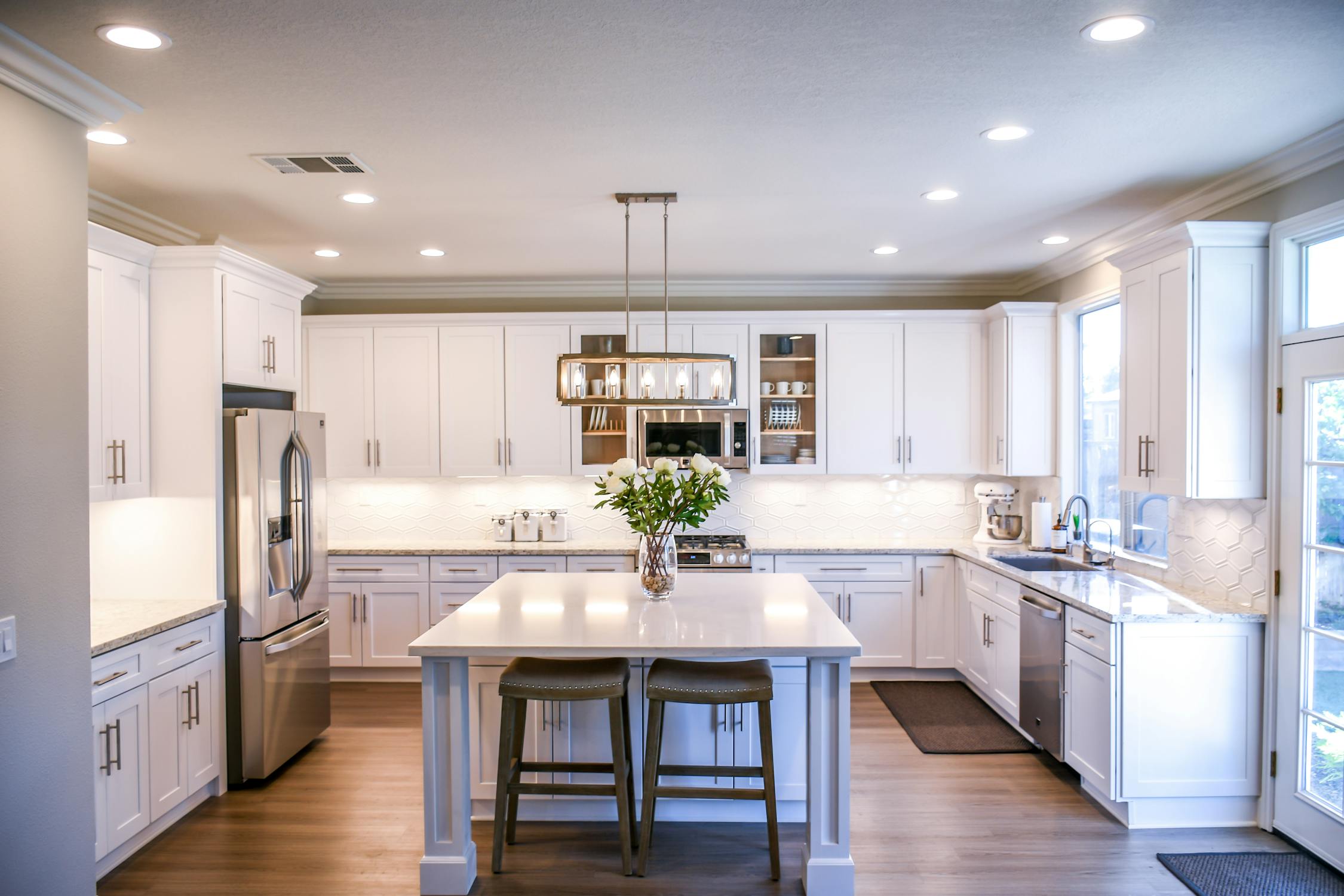How Can I Finance My First Home Purchase?
Buying your first home is a significant milestone and a substantial financial commitment. For most people, it's one of the largest investments they will make in their lifetime. Financing your first home purchase can be a complex process, but with careful planning and a clear understanding of your options, you can make this dream a reality. In this article, we will explore various methods and considerations for financing your first home purchase.
1. Saving for a Down Payment:
Saving for a down payment is a crucial first step in financing your first home. A down payment is the initial lump sum of money you pay upfront when buying a house. It reduces the amount you need to borrow and can impact your mortgage interest rate. A common down payment is 20% of the home's purchase price, but many lenders accept less. The more you can save, the lower your mortgage payments will be.
2. Explore Mortgage Options:
Once you have a down payment saved, it's time to explore mortgage options. Several types of mortgages are available for first-time homebuyers:
Conventional Mortgages: These are offered by private lenders and typically require a 20% down payment. However, some lenders may accept lower down payments with private mortgage insurance (PMI).
FHA Loans: These loans are insured by the Federal Housing Administration and often require a lower down payment (as low as 3.5%) and have more flexible credit requirements.
VA Loans: If you are a qualified veteran, active-duty service member, or eligible spouse, you may be eligible for a VA loan, which often requires no down payment.
USDA Loans: These loans are designed for rural and suburban homebuyers and may not require a down payment.
State and Local Programs: Many states and municipalities offer first-time homebuyer programs with various down payment assistance options and grants. Check if your area has such programs.
3. Improve Your Credit Score:
A higher credit score can help you qualify for a better mortgage rate, saving you money over the life of your loan. You can improve your credit score by paying bills on time, reducing outstanding debt, and correcting any inaccuracies on your credit report.
4. Get Pre-Approved for a Mortgage:
Before house hunting, it's wise to get pre-approved for a mortgage. Pre-approval involves a lender reviewing your financial information to determine the amount of money they are willing to lend you. This gives you a clear idea of your budget and helps in negotiations with sellers.
5. Budget for Additional Costs:
In addition to your down payment and monthly mortgage payments, there are other costs associated with buying a home. These may include:
Closing Costs: These are fees paid when the sale is finalized and can include appraisal fees, inspection fees, attorney fees, and more.
Property Taxes and Insurance: You'll need to budget for annual property taxes and homeowner's insurance.
Home Maintenance and Repairs: As a homeowner, you're responsible for maintenance and repairs, so budget for these ongoing expenses.
Homeowner Association (HOA) Fees: If you purchase a property in an HOA community, you'll need to pay regular fees for community maintenance.
6. Consider First-Time Homebuyer Programs:
First-time homebuyers often have access to special programs that offer down payment assistance or lower interest rates. These programs vary by location, so check with local and state government agencies to see what's available in your area.
7. Consult with a Real Estate Agent:
Working with a knowledgeable real estate agent can be invaluable in your homebuying journey. They can guide you through the process, provide insights into the local market, and help you find properties that meet your criteria and budget.
8. Save for the Unexpected:
Owning a home comes with unexpected expenses. It's essential to have an emergency fund to cover repairs, maintenance, and other unforeseen costs that can arise.
9. Evaluate Your Long-Term Financial Goals:
Consider how homeownership fits into your long-term financial goals. It's a significant commitment, and you should be prepared for the financial responsibilities that come with it.
Financing your first home purchase is a multifaceted process that involves saving for a down payment, exploring mortgage options, improving your credit, budgeting for additional costs, and seeking assistance from first-time homebuyer programs. It's essential to conduct thorough research, consult with experts, and have a clear understanding of your financial situation before embarking on this exciting journey to homeownership. Remember that buying your first home is a substantial investment in your future, and careful planning will help ensure a smooth transition into the world of homeownership.





0 Comments